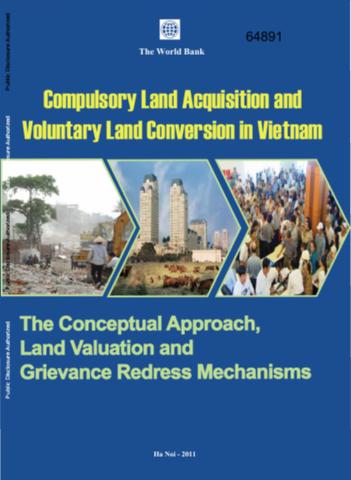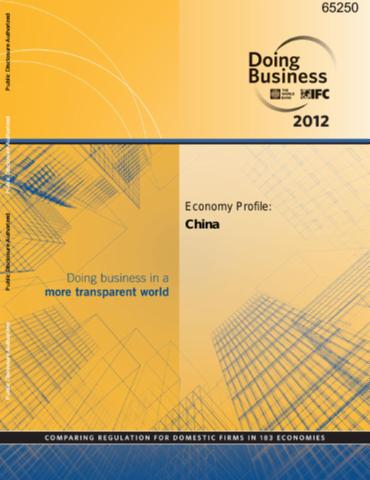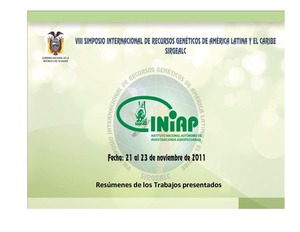The role, meaning and the main parameters of intra-farm organization of the territory of agricultural enterprise
In the conditions of the Republic of Belarus there was formulated a term of intra-farm organization of the territory of an agricultural enterprise. There was examined its content, role and meaning in the organization of agricultural production. On-farm organization of a territory of an agricultural enterprise represents a regularization of allocation of a complex of interrelated and interdependent sustainable elements of a territory which included natural and anthropogenic objects. There were presented the parameters, which characterized intra-farm organization of the territory.












